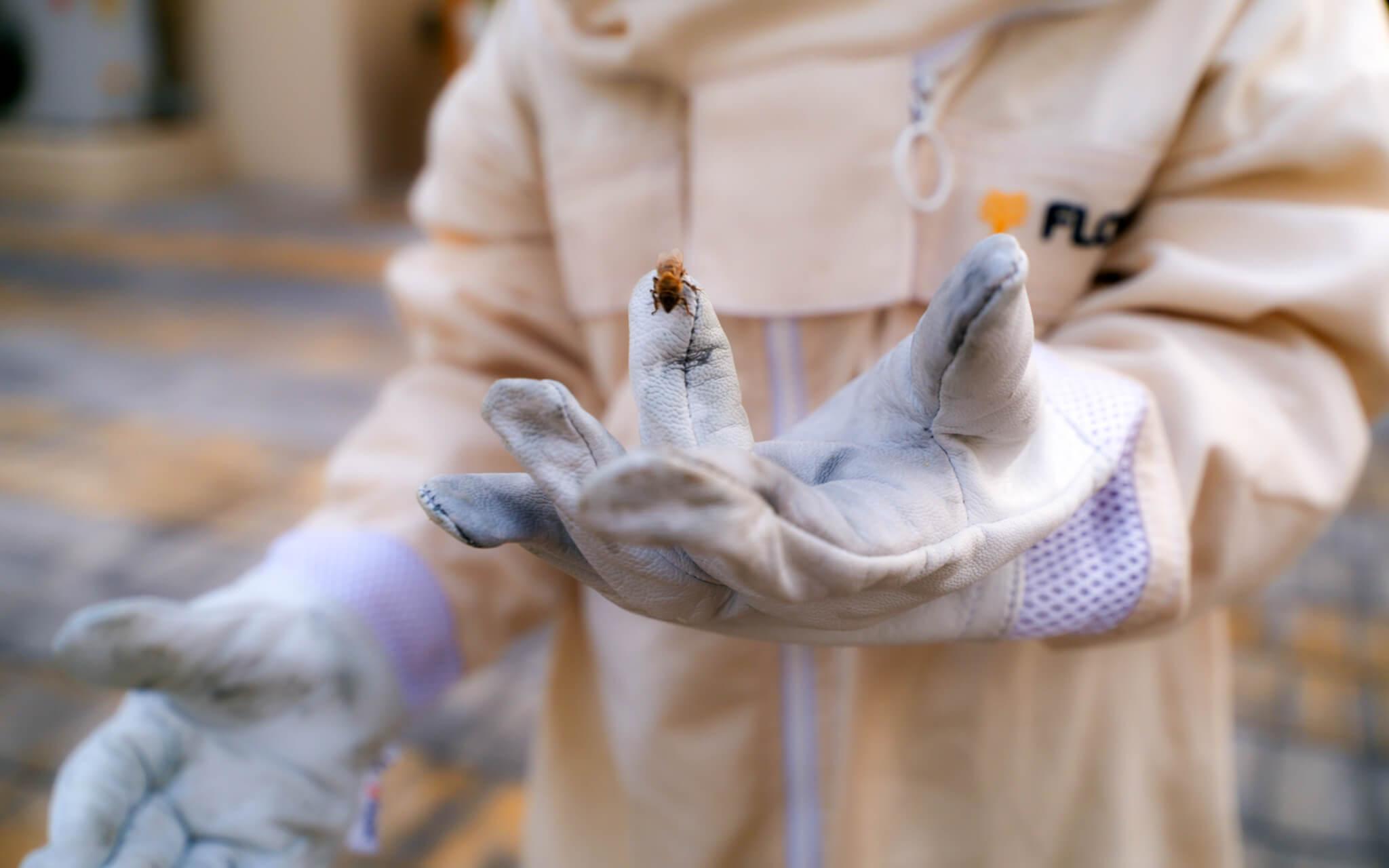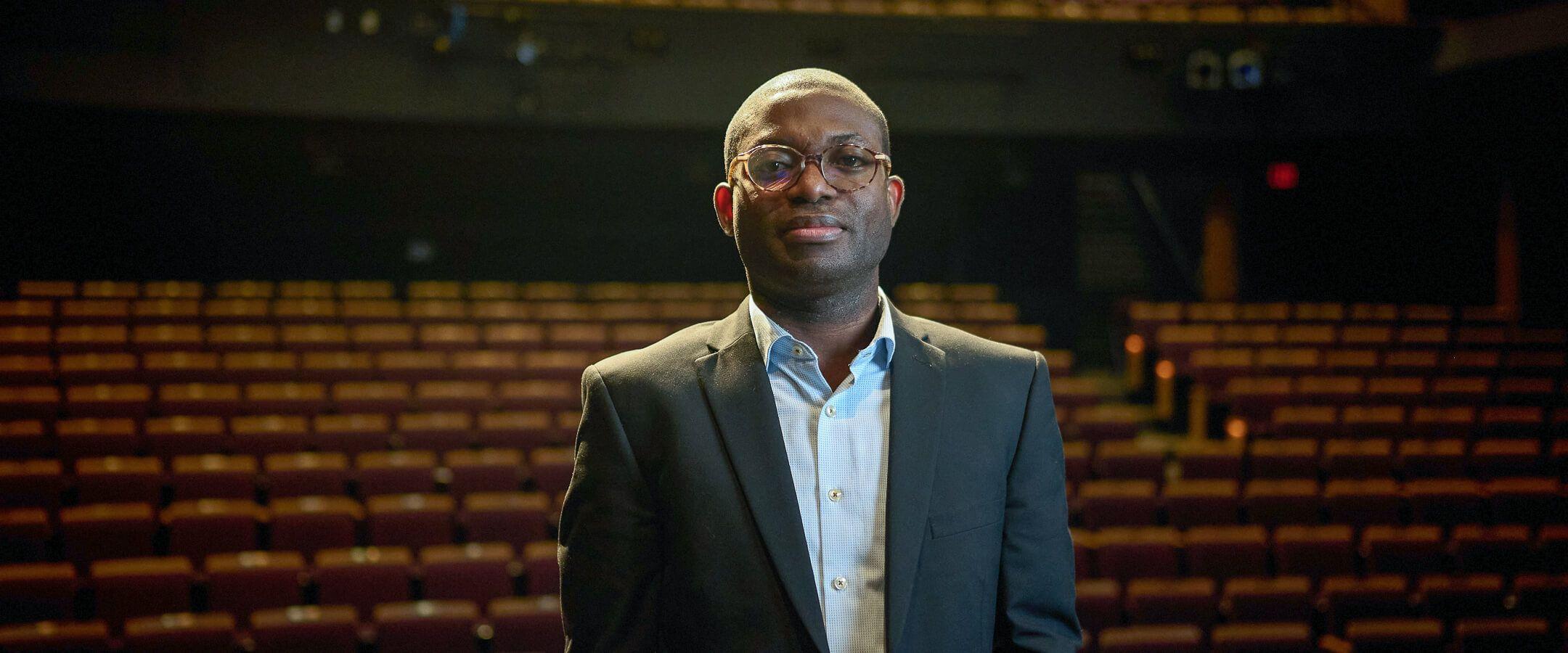The Bravery of Care
Tim Jackson is an internationally renowned British ecological economist and a professor of sustainable development at the University of Surrey. His latest book, The Care Economy, navigates the value of a care-centric economy when so much in the world seems uncertain.
When Tim Jackson began writing The Care Economy, it was searingly obvious that the current growth-centric economy model on this finite planet wasn’t working. Humanity's “sweet spot” should be low impact, low carbon, low material intensive, with the proper “care” that fuels the various social mechanisms.
After all, isn’t “care” one of the most needed elements for all living things?
Tim’s faith in the care-centric economy was deeply impacted by what he witnessed during the COVID-19 pandemic. “We began to realise the element of ‘care’ was essential to our survival in a very literal way and the people we had systematically denigrated, the frontline workers, were the ones who kept society going,” he says.
The short-lived viral moments of people applauding frontline workers on our doorsteps despirited Tim. Pay raises and benefits that could sustain these workers through the demanding, high cost of living were denied.
“We'd gone back to that systematic denigration of ‘care,’” Tim laments. And it wasn’t just the pandemic. “The world was throwing out diplomacy, caution, selling weapons for destruction–it was hurtling towards ‘careless’ economy.” This bitter reality, counterintuitive to humanity's well-being, made Tim pensive and confrontational when completing The Care Economy.
Post-Growth economics and community care were the way forward.
Now, in a cosy knitted jumper that matches his silver and speckled hair, Tim speaks of the magical feeling he felt in a quaint Welsh town, which ignited his deep care for the world. “I was astounded by the beauty around me—the grandeur of the mountains and the rawness of it.” And as he grew older, Tim began questioning the reckless ways humans interacted with nature. “We live on a finite planet,” he emphasises.
Tim joins me from a retreat with the Centre for the Understanding of Sustainable Prosperity, or CUSP. Founded by Tim and co-directed with Professor Kate Burningham, CUSP is an international research centre that provides a safe and resource-driven space for people to navigate the ways to achieve true prosperity in the limited scope of our current society.
“We reinforce the idea that it is meaningful to ask what society and economy look like when you’re not driven all the time by only growth,” Tim explains proudly. ”The work we’ve done in psychology, sociology, economics and macroeconomics, in politics — it’s to figure out ‘what can prosperity mean on this finite planet.’”
Tim redirects the focus from the hype around developing empty sustainability modules to where the truly substantial, boundless prosperity can come from. “We’ve cashed the word prosperity out as a monetary goal about income and wealth. The word prosperity comes from the Latin prosperāre, which means ‘to make happy,’ or ‘in accordance with our hopes and expectations.’”
What does it mean to live in accordance with our hopes and expectations in this world?
We’ve cashed the word prosperity out as a monetary goal about income and wealth. The word prosperity comes from the Latin prosperāre, which means ‘to make happy,’ or ‘in accordance with our hopes and expectations.’
“It goes to the core of the limits that surround us, but it also goes to the core of what we can aspire to–what we can hope for as human beings with a limited life span, physical capability, environment, and yet can achieve absolutely wonderful things,” Tim points out. “For me, the essence of prosperity is to accept that those limits exist and yet to ask within that, ‘what is it that's unlimited?’”
Tim’s ideal society demonstrates “a sweet spot in the economy,” where the conditions for health, well-being, and a stable life are in place. “Where it's not about materials, it's about relationships,” he explains.
Tim’s philosophy of The Care Economy sounds far more sustainable and possible than the irresponsible utopia dreamt up by the current “billionaire pioneers.” After all, how can you deplete the planet (which we rely on to survive) to create shareholder value?
But what’s the point if some of us get it and the others don’t? How do we get people who value growth more than anything on board?
“I kind of changed my feelings about things as I wrote this book,” Tim confesses. “It is important to engage with those opposing views…Where are they right? Where are they wrong? Where are we in our echo chamber?” More than anything, Tim’s Care Economy is about engaging people in this journey to question the status quo. Where must we go from here? “I hope it offers a kind of antidote, a counterpoint, at least to a geopolitical vision that is driving us closer to an instability far from prosperity,” he answers.
The adjective that kept coming to me was “brave.” The kind of bravery that gives you the power to commit to a cause. It takes bravery to illuminate what is so glaringly obvious, yet still brushed under the carpet: At its base, a society should exist with a fundamental care for all living things.
And Tim’s not afraid to cross any divide with that message.
Most Popular
The Climate Tribe delivers stories about Biodiversity and Conservation, Circular Economy, Food and Water , and how they intersect with climate.
Subscribe
Get the latest stories inspiring climate action around the globe straight to your inbox.






